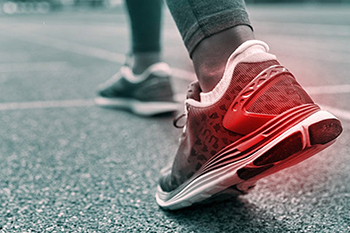How to Choose the Right Running Shoe
Tuesday, 12 September 2023 00:00
Selecting the right running shoe is crucial for a comfortable and injury-free running experience. This can begin by determining your foot type, which can consist of overpronator, supinator, or neutral. Overpronators need shoes with extra stability, while supinators benefit from cushioning and flexibility. Neutral runners require a balance between both. This is followed by considering your running terrain. Trail runners can choose shoes with durable outsoles and adequate grip, while road runners can go for lighter options with more cushioning. Pay attention to shoe size, ensuring ample room for toe splay, while preventing excessive movement. It is beneficial to try shoes on in the afternoon when your feet are at their largest. The fit can be tested by running or jogging in the store, if possible. Additionally, consider your running goals and any specific needs you have, such as arch support or wide widths. If you would like more information about the various types of running shoes and which one is best for you, it is suggested that you confer with a podiatrist.
If you are a runner, wearing the right running shoe is essential. For more information, contact Naim G. Shaheed, DPM from Ankle and Foot Centers of Georgia. Our doctor can provide the care you need to keep you pain-free and on your feet.
Choosing the Right Running Shoe for Your Foot Type
To increase performance and avoid the risk of injury, it is important to choose the right running shoe based on your foot type. The general design of running shoes revolves around pronation, which is how the ankle rolls from outside to inside when the foot strikes the ground.
- Neutral runners are able to choose from a wide variety of shoes, including minimalist shoes or even going barefoot.
- Runners who overpronate, or experience an over-abundance of ankle rolling, should choose shoes that provide extra motion control and stability.
- Runners who underpronate, or supinate, have feet that have high arches and lack flexibility, preventing shock absorption. They require shoes with more flexibility and cushion.
If you have any questions please feel free to contact one of our offices located in Lithonia/Stonecrest and Emory/Midtown, GA . We offer the newest diagnostic and treatment technologies for all your foot and ankle needs.








